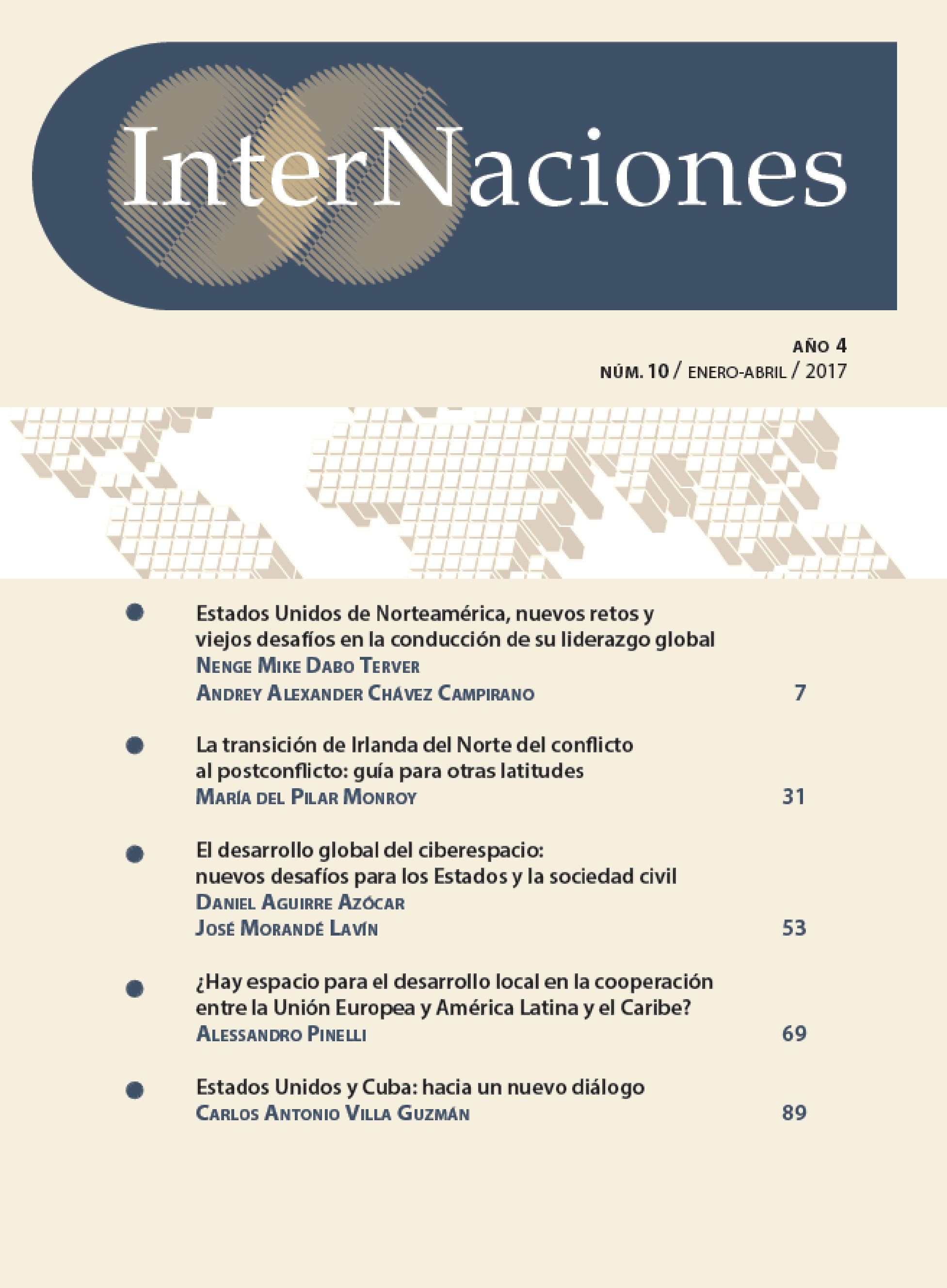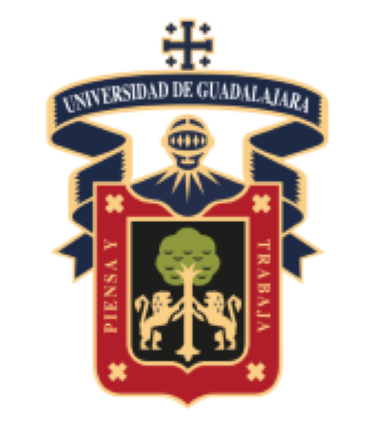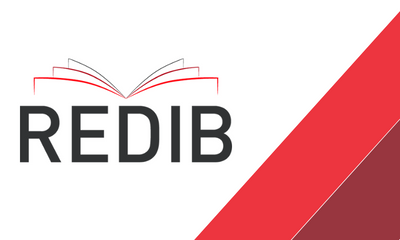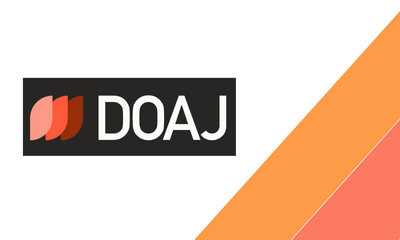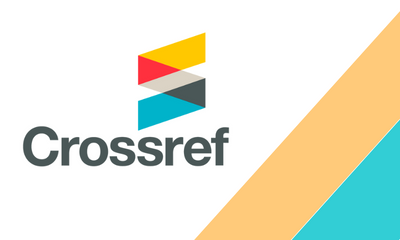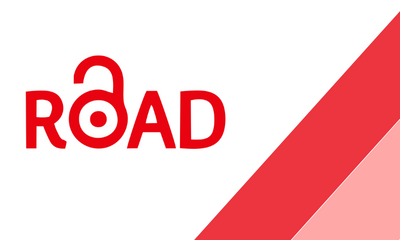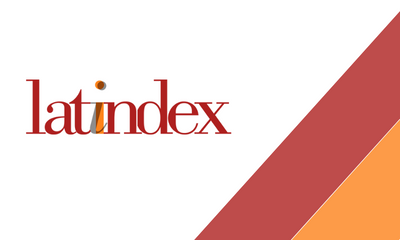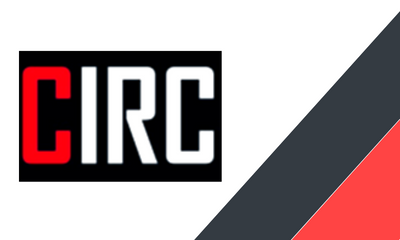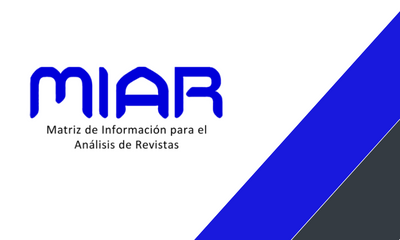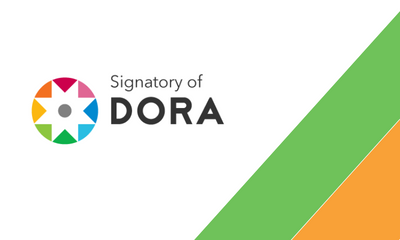The global development of the cyberspace: new challenges for the States and the civil society
DOI:
https://doi.org/10.32870/in.v4i10.6894Keywords:
International Relations, digital diplomacy, cybersecurity, global internet, governanceAbstract
The following article aims to incorporate the discipline of International Relations into the discussion of global change caused by the recent technological revolution. While change is identified and characterized as being caused by technologies known as Information and Communication Technologies (ICT), in the following analysis we argue that applying International Relations concept help make sense of the actions and processes that take place virtually by actors such as the state, non-governmental and civil society organizations. This article via an inductive and exploratory approach, combines theory and practice based recent cases that exemplify and suggest the need to advance thought within the discipline taking into consideration the intersection of international affairs and technology in the XXI century.Downloads
References
Anti, M. (2012). Behind the great firewall of China. TED, Ideas worth spreading. [Conferencia en video]. Recuperado el 8 de marzo de 2014 de http://www.ted.com/talks/michael_anti_behind_the_great_firewall_of_china
Brazil’s internet law: The net closes. Brazil’s magna carta for the web. (2014, 2 de marzo). The Economist. Recuperado el 2 de marzo de 2016 de http://www.economist.com/news/americas/21599781-brazils-magna-carta-web-net-closes
Castells, M. (1998). La era de la información: economía, sociedad y cultura (Vol. 1. La sociedad red). México: Siglo XXI.
Choucri, N. (2012). Cyberpolitics in international relations. Cambridge, MA, EE.UU.: Massachusetts Institute of Technology Press.
Clarke, R. (2011, 15 de junio). China’s cyberassault on America. The Wall Street Journal Online. Recuperado el 14 de abril de 2014 de http://online.wsj.com/news/articles/SB10001424052702304259304576373391101828876
Clinton, H. (2010, 21 de enero). Remarks on Internet freedom. [Transcripción de video]. The Newseum. Washington, DC, EE.UU. Recuperado el 12 de junio de 2014 de http://www.state.gov/secretary/20092013clinton/rm/2010/01/135519.htm
Cull, N. (2013). The long road to public diplomacy 2.0: The Internet in US public diplomacy. International Studies Review, 15 (1), 123-139.
Elola, J. (2011, 16 de enero). Somos Anonymous. El País. Recuperado el 30 de agosto de 2014 de http://elpais.com/diario/2011/01/16/domingo/1295153553_850215.html
Eriksson, J. & Giacomello, G. (2009). Who controls the internet? Beyond the obstinacy or obsolescence of the State. International Studies Review, 11 (1), 205-230.
Hanson, F. (2012a, 25 de octubre). Baked and wired: eDiplomacy @ State. Parte 1. Brookings. [Video The future of
eDiplomacy: A conversation between Fergus Hanson and the U.S State Department’s Alec Ross]. Recuperado el 20 de noviembre de 2015 de http://www.brookings.edu/research/reports/2012/10/25-ediplomacy-hanson
Hype and fear. (2012, 8 de agosto). The Economist. Recuperado el 20 de mayo 2014 de
http://www.economist.com/news/international/21567886-america-leading-way-developing-doctrines-cyber-warfare-other-countries-may
Hanson, F. (2012b, 25 de octubre). Baked and wired: eDiplomacy @ State. Parte 1. Brookings. [Video eDiplomacy at the U.S. Department of State: A conversation between Fergus Hanson and Alec Ross]. Recuperado el 20 de noviembre de 2015 de http://www.brookings.edu/research/reports/2012/10/25-ediplomacy-hanson
Hype and fear. (2012, 8 de agosto). The Economist. Recuperado el 20 de mayo 2014 en
http://www.economist.com/news/international/21567886-america-leading-way-developing-doctrines-cyber-warfare-other-countries-may
Keohane, R. & Nye, J. (1998, septiembre/octubre). Power and interdependence in the information age. Foreign Affairs, 77 (5), 81-94.
Lasswell, H. D. (1936). Politics: Who gets what, when, how. Nueva York, EE.UU.: Whittlesey House.
Lichtenstein, J. (2010, 16 de julio). Digital diplomacy. The New York Times Magazine. Recuperado el 20 de noviembre de 2015 de http://www.nytimes.com/2010/07/18/magazine/18web2-0-t.html?pagewanted=all
Lynn, W. (2010, septiembre/octubre). Defending a new domain. The Pentagon’s cyberstrategy. Foreign Affairs, 89 (5). Recuperado el 11 de abril de 2014 de http://www.foreignaffairs.com/articles/66552/william-j-lynn-iii/defending-a-new-domain
Manfredi, J. L. (2014, 13 de marzo). El desafío de la diplomacia digital. Real Instituto Elcano. Recuperado el 20 de noviembre de 2015 de http://www.realinstitutoelcano.org/wps/portal/web/rielcano_es/contenido?wcm_global_context=/elcano/elcano_es/zonas_es/ari15-2014-manfredi-desafio-diplomacia-digital#.U0gcb_k7ssA
Morozov, E. (2012). The net delusion: The dark side of Internet freedom. Nueva York, EE.UU.: Public Affairs.
Nye, J. (2011). The future of power. Nueva York, EE.UU.: Public Affairs.
Pettyjohn, S. (2014, 10 de abril). Net gain. Washington cedes control of ICANN. Foreign Affairs. Recuperado el 9 de mayo de 2014 de http://www.foreignaffairs.com/articles/141122/stacie-l-pettyjohn/net-gain
Rosenau, J. N. (2012). Governance, order, and change in World politics. En J. N. Rosenau, & E. O. Czempiel (Eds.), Governance without government: Order and change in World politics. Cambridge, MA, EE.UU.: Cambridge University Press.
Salhi, H. (2009, marzo). The State still governs. International Studies Review, 11 (1), 210-214.
Shirky, C. (2011, enero/febrero). Political power of social media. Technology, the public sphere, and political change. Foreign Affairs, 90 (1), 28-41.
Unión Internacional de Telecomunicaciones UIT. (2012). El mundo en 2013. TIC. Datos y cifras relativas a las TIC. Ginebra, Suiza: Recuperado 15 de agosto de 2014 de http://www.itu.int/en/itu-d/Statistics/Documents/facts/ictFactsFigures2013-s.pdf
Weiss, T. G. (2000). Governance, good governance and global governance: Conceptual and actual challenges. Third World Quarterly, 21 (5), 795-814.
Downloads
Published
Versions
- 2021-02-19 (2)
- 2017-01-01 (1)
How to Cite
Issue
Section
License
Copyright (c) 2017 Universidad de Guadaajara

This work is licensed under a Creative Commons Attribution-NonCommercial-ShareAlike 4.0 International License.
CC BY-NC-SA 4.0 https://creativecommons.org/licenses/by-nc-sa/4.0/

